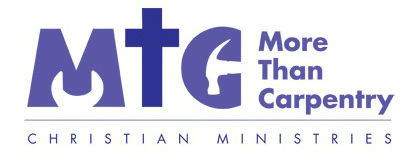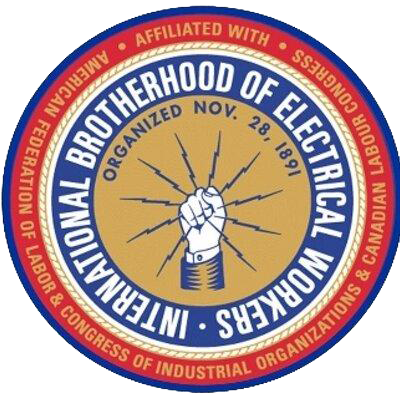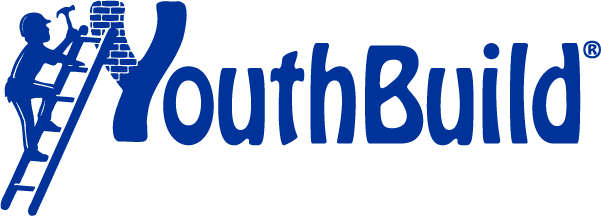Carpentry is a versatile career that is best suited for individuals with a passion for carrying out planned projects by using a hands-on approach. Carpenters pay close attention to detail (measure twice, cut once!) and find effective solutions for construction and architectural tasks. The scale of a carpenter’s duty can range from homebuilding to large civil engineering projects.
The Perks
A career in carpentry is very accessible, and plenty of resources are in place to help you prepare for professional work. Once you’ve mastered your craft, you’ll have a skillset that serves you for a lifetime.
4
years
To gain trade certification as a carpenter, you need either a 3- to 4-year apprenticeship, or a combination of over 4 years’ work experience and some courses in carpentry.
36%
Self Employed
In 2016, Around 36% of carpenters were self-employed. Self-employed carpenters may be able to set a schedule that better fits their lifestyle.
$45170
Salary
The median annual salary of a carpenter, with potential to make as much as $60k or more.
Carpenter
City of St. Louis
I’ve found that the demands and challenges of the work suit my mind and my love of building and making things. I developed a love for the work, the atmosphere of a jobsite, and the process of making homes.

What Do I Need?
Becoming trade certified as a carpenter is a process that takes time and dedication, but you will have the benefit of working and earning as you learn. If you meet these key requirements, you will likely find the hands-on, craftsman-style work of carpentry to be incredibly rewarding.
High School
You’ll need to be at least 18 years old with a high school diploma or equivalent in order to pursue an apprenticeship or other route to employment as a carpenter.
Apprenticeship
Carpenters typically gain training through apprenticeships that last between three and four years, with 144 hours of technical training and 2,000 hours of paid on-the-job training.
Physical Fitness
You will need physical stamina and strength and manual dexterity to succeed in this career.
Math Skills
Basic math is used every day by carpenters, so they can accurately measure materials to be cut and installed.
Attention to Detail
Carpenters make things that must be level and square – nobody wants to live or work in a crooked building!
Business Skills
If self-employment is your goal, you must be able to bid on new jobs, track inventory, and plan work assignments.
Your Resources
Loading...

Construction Forum

MET Center Carpentry/Building Maintenance Training Course via Ranken Technical College

More Than Carpentry Apprenticeship Program

Environmental Remediation Technician

Harambee Youth Training in Construction

St. Louis Carpenters Joint Apprenticeship Program

Missouri Women in Trades
Careers at McCarthy

Careers at Paric

Geometry in Construction at Rockwood School District

YouthBuild – Construction Trades Training

Building Union Diversity Construction Training Program

AGC MO: Construction School of St. Louis

Electrical Construction Industry Apprenticeships

